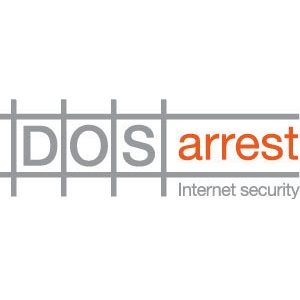Distributed Denial of Service (DDoS) cyber attacks on schools and educational facility websites are on the rise. With students often reliant on their school’s website for important information and updates, this can have a detrimental effect on a school’s reputation. Mark Teolis, DOSarrest GM, offers more insight:
Why are schools being attacked more often ?
Educational websites, whether they are primary or secondary schools, Universities or other educational related websites that are either for profit or non profit are feeling the effects of DDoS attacks for 2 major reasons:
1) It’s not so much that they are being targeted more now than 5 or 10 years ago, it’s because the tools to perform a DDoS attack are readily available- either as a DIY kit or you can rent a botnet for 24 hours for as little as $20.00.
2) The second major reason is that the attitude of those managing these educational websites pay little attention to DDoS protection, as they think: “we don’t generate any revenue with our site so no one will attack us” or “we only help our community so we won’t have to deal with DDoS attacks.”
When you combine the above 2 points, you can see how educational facilities become easy targets for a 15 year old, for example, to become a star with his or her peers by stating he can bring down his school’s website. DOSarrest has a number of customers that are in the educational sector, including an Ivy league University. This presents the opportunity for great bragging rights for even a not-so-novice DDoS attacker to say he brought down one of the most recognised names in the world.
Here are some of the effects that a DDoS attack can have on the education sector:
* Inability to disseminate, timely critical info. ( class schedules, special events, etc)
* Inability to process new admissions or changes which could mean loss of revenue
* Loss of reputation
* Inability to accept charitable donations
*DDoS attacks are often used as a distraction to much more sinister cyber attack methods that can lead to severe cases of data loss or id theft
The opinions expressed in this post belongs to the individual contributors and do not necessarily reflect the views of Information Security Buzz.



